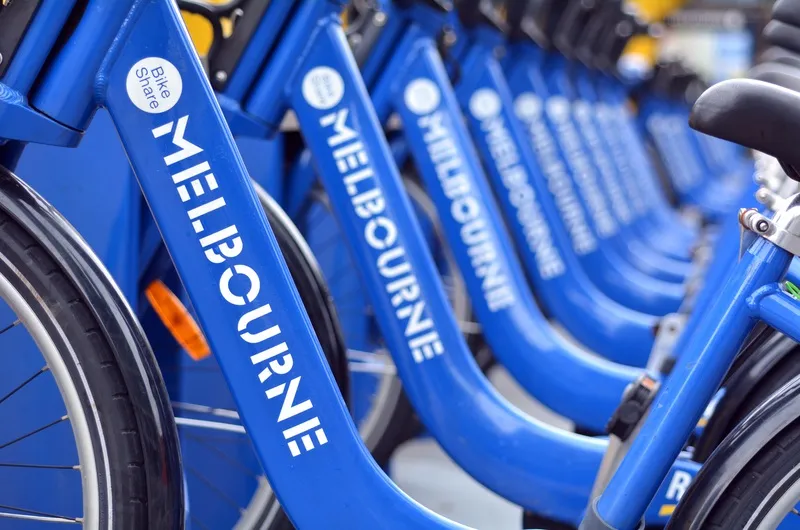Siemens has introduced a microwave radar-based cycle detector called WiMag. The sensor is buried in the road surface and covers a 3m wide lane which the company said means that unlike loops, the cyclist does not have to pass directly over the sensor to be identified. It is secured in a 100mm diameter core-drilled hole using silicone sealant, has a minimum five-year battery life and transmits to repeaters at a distance of up to 30m. The sensor can now be used to detect the presence of bicycles, provide count
June 12, 2015
Read time: 1 min









